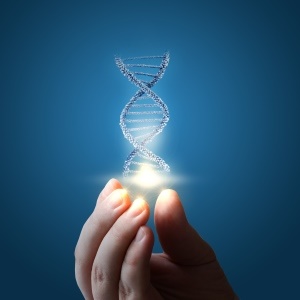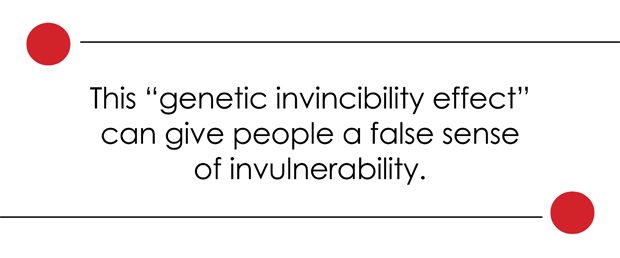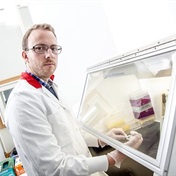
There's such a thing as too much information when it comes to learning about your genes, two new studies suggest.
In one study, participants thought they were learning about their genetic risk for depression, not knowing that the test results they were given had been made up at random.
The study participants who were told they had a higher genetic risk for depression recalled having experienced more symptoms of depression than did those who were told they did not have an increased genetic risk.
Distorted memories
"These results suggest that merely being told they have a genetic propensity toward depression might actually distort people's memories about how much depression they've experienced in the past," the study's lead author, Matthew Lebowitz, said in a Yale University news release.
The study's co-author, Woo-kyoung Ahn, a psychology professor at Yale, added that "this is particularly alarming when we consider that patients' memories about their own subjective experiences are the primary information used to make a psychiatric diagnosis."
The findings were published in the Journal of Consulting and Clinical Psychology.
In a second study by the same research team, participants who were told they did not have a genetic risk for obesity rated diet and exercise as less important, and were much more likely to eat unhealthy foods than were participants who were not given this information.
The study, available online, will be published in the journal Appetite.
False sense of invulnerability
"It seems that when people were told they did not have a particular genetic susceptibility to obesity, they assumed that they wouldn't have to worry about what they ate or how much exercise they got," Ahn said.
This "genetic invincibility effect" can give people a false sense of invulnerability, according to the researchers.
Lebowitz said, "Providing people with information about their own genes is likely to become an increasingly common practice in many areas of health care, and this will probably have a lot of benefits."
But, he added, "While the advantages of increased access to genetic information seem to be widely recognised, our findings suggest that there might also be some downsides that the field needs to grapple with."
Image credit: iStock




 Publications
Publications
 Partners
Partners
















